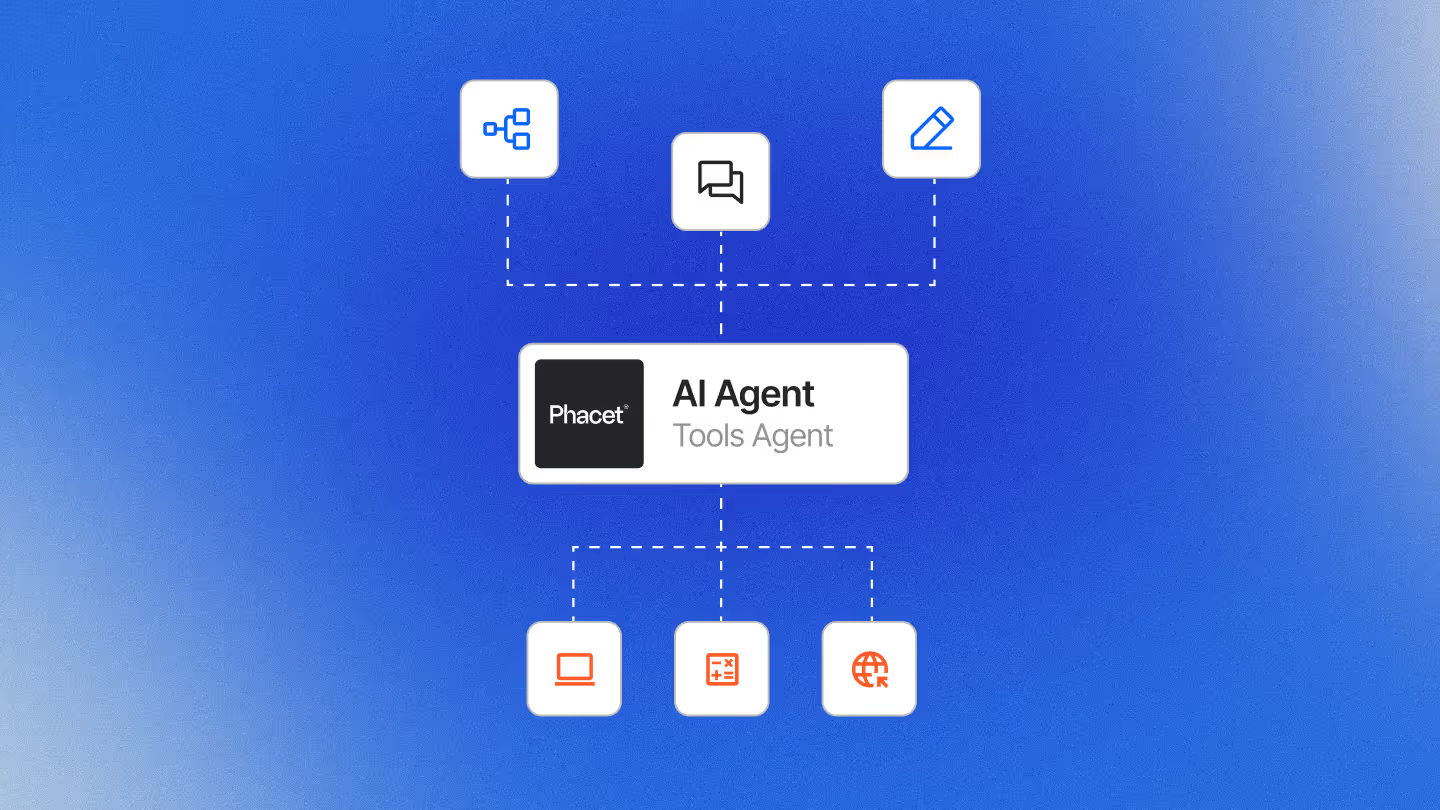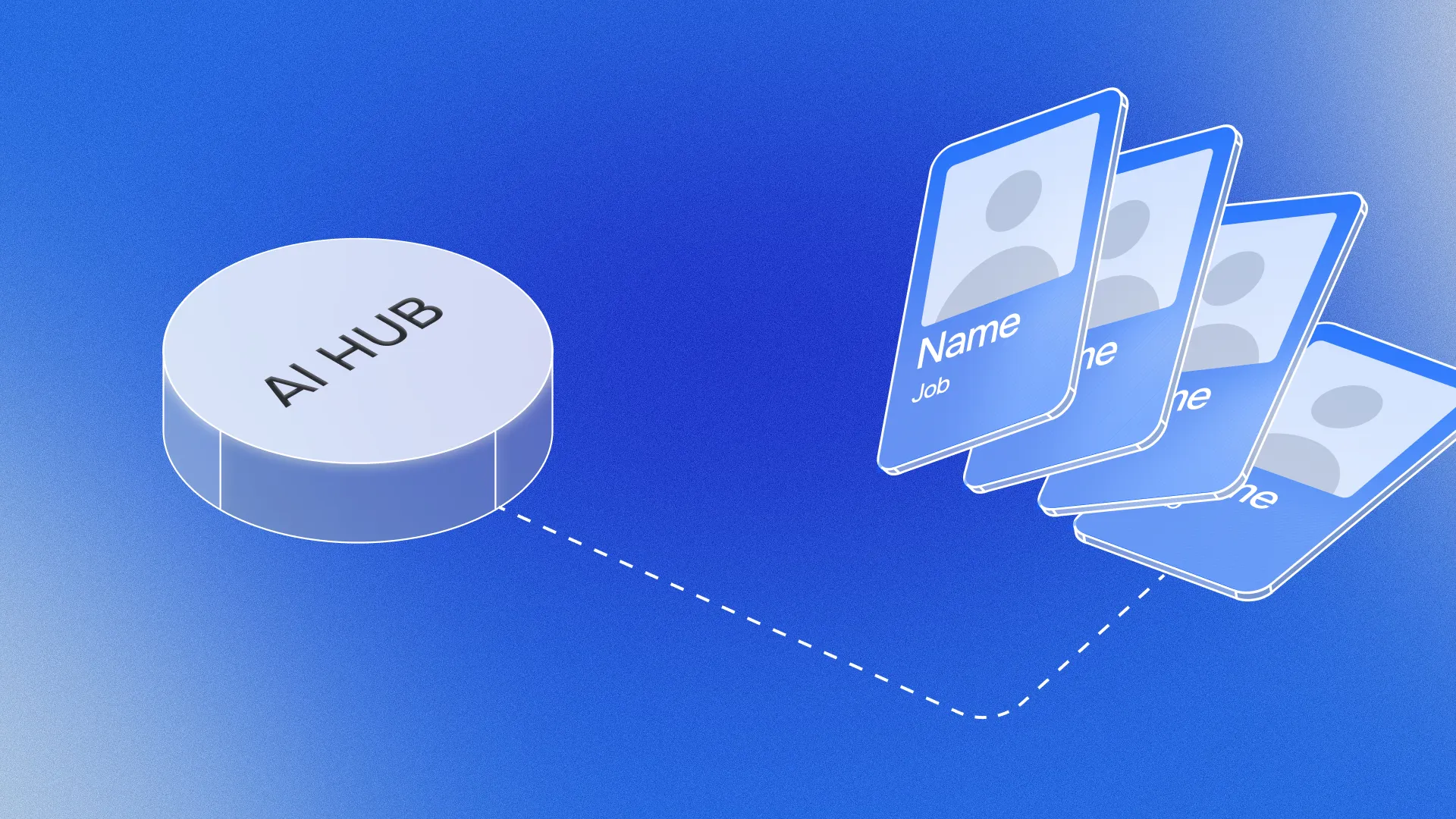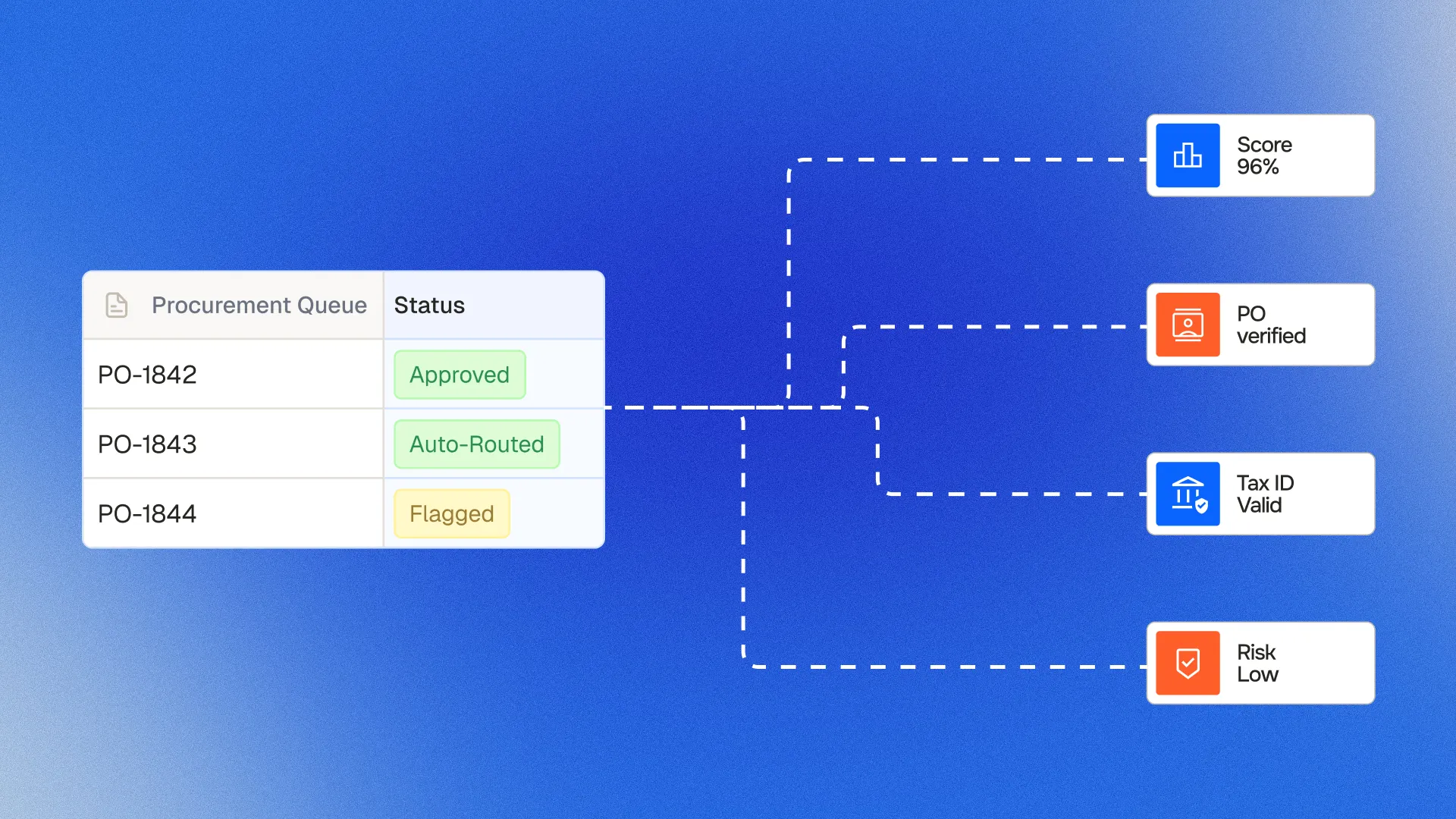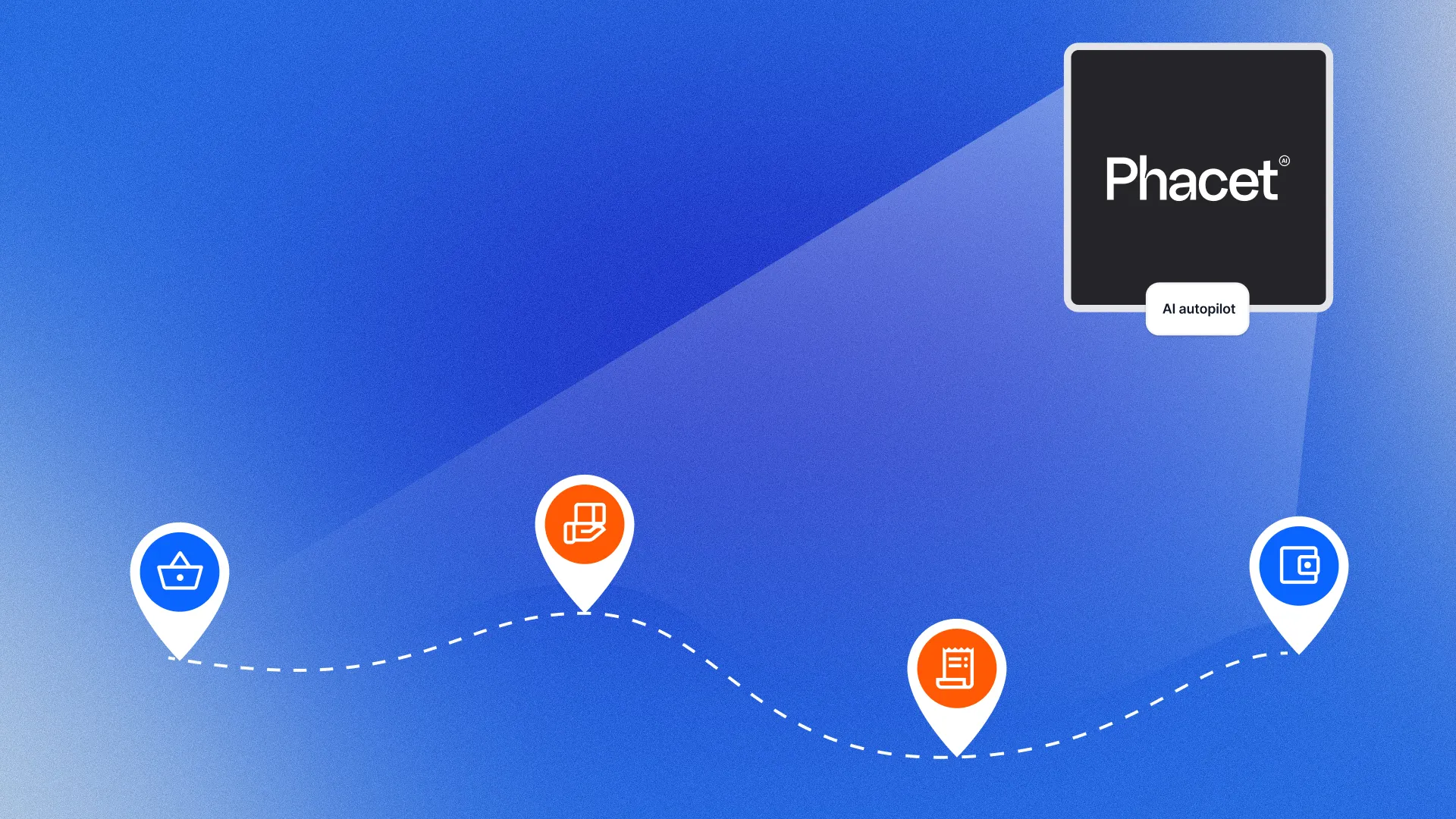
What is the purpose of an AI agent?
Published on :
May 9, 2025

Introduction
Imagine being able to delegate repetitive, time-consuming tasks to an artificial intelligence while you focus on what truly matters. That’s exactly what AI agents make possible. More than just a technological tool, they become real allies in streamlining everyday business operations: process automation, error reduction, time savings... and above all, more freedom for your teams. So why are AI agents generating so much interest, and how can they transform the way you work? That’s what we’re about to explore together.
(Keywords used in the title and introduction: AI agents, digital transformation, process optimization, automated solutions, repetitive tasks, operational accuracy, high-value activities.)
1. What is an AI Agent?
Imagine an assistant that never gets tired, learns over time, and executes tasks flawlessly. That’s exactly what an AI agent is. Unlike basic macros or automated scripts, these intelligent tools adapt, analyze data in real time, and make decisions autonomously.
In practice, an AI agent can take various forms: chatbots, virtual assistants, smart bots integrated into enterprise systems... All share a common goal: optimizing operations and simplifying daily management. Say goodbye to repetitive, tedious tasks — AI saves time and improves service quality.
2. Why integrate an AI Agent into your business?
Many companies are turning to AI because it meets real, concrete needs. First, it automates time-consuming tasks: data entry, verification, administrative follow-up… tasks that take time but add little value.
Another advantage is reliability. Unlike humans, who can get tired and make mistakes, an AI agent strictly follows rules and ensures each task is executed flawlessly. In areas like finance or data management, this level of precision is a real asset.
Finally, AI leads to significant time savings. Processing times are shorter, teams can focus on more strategic tasks, and customer satisfaction improves thanks to faster, more relevant responses. AI is also a scalable tool, able to adapt to the changing needs of a business and its users.
3. Real-world applications for operational efficiency
AI agents are not just a theoretical concept — they’re already being used across many industries. Take the example of financial reconciliation: instead of manually comparing hundreds of transactions with invoices and purchase orders, an AI agent can complete the task in seconds. This reduces errors and speeds up accounting processes. To learn more, check out our page on financial reconciliation.
In e-commerce, AI helps classify products, automatically enrich product descriptions, and optimize search on a sales platform. The result: an always up-to-date catalog and a better user experience.
And what about marketing? AI is a key asset for analyzing massive amounts of data, identifying trends, and personalizing campaigns. It also enhances lead generation by enriching contact databases with relevant information.
4. A real-life example: Smartbox and AI Agent integration
One of the best ways to understand the impact of AI agents is to look at companies already using them. Smartbox, a leader in gift boxes, chose to integrate an AI agent to optimize internal processes. Previously, certain operations required time-consuming manual work that was prone to error.
With AI, Smartbox reduced processing time by a factor of six, while cutting its error rate by two-thirds. That’s a major boost in productivity and quality. By automating financial reconciliation, the company saved the equivalent of one week of work per month, freeing up teams to focus on more strategic tasks.
To learn more, check out our Smartbox case study.
5. How to integrate an AI Agent into your company
Embracing AI isn’t just about activating a tool and letting it run. A successful integration requires several key steps:
- Identify processes to automate
- Where are the friction points in your business? Where are you losing the most time? A proper initial analysis helps maximize the benefits of AI.
- Measure return on investment (ROI)
- An AI agent should be an asset, not a burden. By calculating time and efficiency gains, you can justify your investment and fine-tune your strategy.
- Connect AI to existing tools
- A good AI agent should easily integrate with your ERP, CRM, or other business platforms. No-code solutions, for instance, enable rapid deployment of automated workflows without advanced technical skills. To learn more, visit our page on no-code workflows.
- Support your teams
- AI isn’t here to replace people — it’s here to support them. Training your staff to use these new tools is essential for smooth and effective adoption.
Conclusion
Far from being a gimmick, AI agents are now a strategic lever for companies seeking greater efficiency and precision. They automate repetitive tasks, improve service quality, and allow teams to focus on high-value work.
The Smartbox example clearly shows the tangible benefits of this technology: faster operations, fewer errors, and a real boost in productivity. So why not take the leap? By identifying the right opportunities and gradually integrating AI, you can transform the way you work and stand out in your market.
Latest Resources
Unlock your AI potential
Do more with your existing resources using tailored AI solutions.






